Equal World campaign letter on inclusive education gathers 21,526 signatures
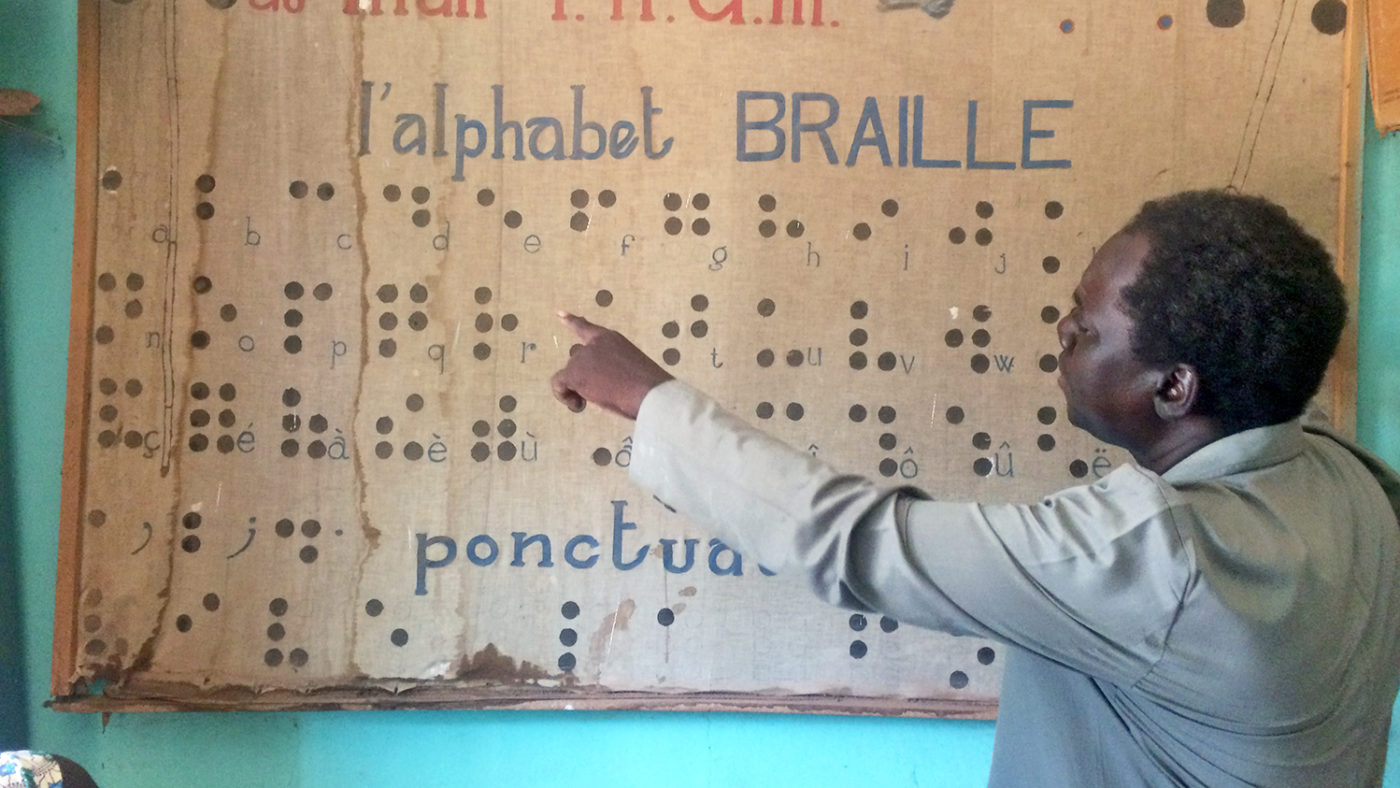
More than 21,000 supporters of Sightsavers’ Equal World campaign from 119 countries have signed an open letter calling on the leaders of the G7 to meet their commitments to inclusive education for children with disabilities.
The open letter calls for G7 leaders to ensure inclusive, quality education is made available and accessible to children with disabilities, particularly girls, who are often disadvantaged on the grounds of gender as well as disability. It also calls for leaders to keep the promises they committed to as part of the United Nations Sustainable Development Goals, which aim to address global poverty and climate change.
Sightsavers campaign manager Ross McMullan said: “We’re delighted to have gained so many signatures. It’s vital that world leaders know they’re being watched and held accountable for meeting their commitments as stated in the SDGs and the UN Convention on the Rights of Persons with Disabilities. Children with disabilities, and particularly girls, are at greater risk of missing out on education in the wake of the pandemic, and this represents a huge potential loss to society.”
The campaign is focusing on inclusive education during June and July as world leaders gather in the UK for the G7 Summit in Cornwall and Global Education Summit in London. The two summits are opportunities for progress to be made towards Sustainable Development Goal 4 – inclusive, quality education for all children – and the campaign hopes the pressure of public support will result in countries investing necessary funds and meeting the commitments made in the G7 girls’ education declaration.
An estimated 33 million children with disabilities in low and middle income countries were already out of school before the pandemic, and many children with disabilities who were attending school did not have their educational needs met during the pandemic as online learning platforms and virtual teaching were frequently inaccessible to them.
Watch the video to see a message for world leaders from children in Sierra Leone.
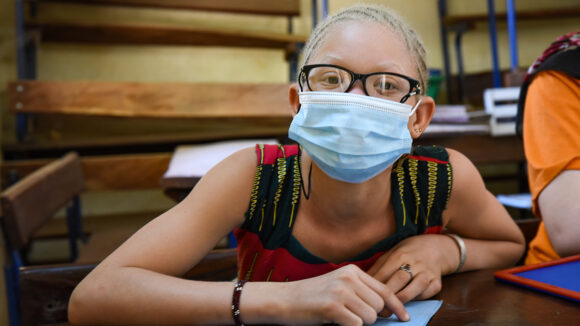
Join our Equal World campaign
We fight for the rights of people with disabilities around the world.
About the campaignRead all our latest news stories
News from Sightsavers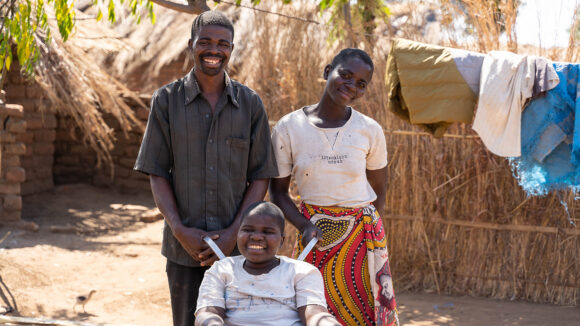
Sightsavers responds to report into FCDO’s work on disability inclusion
A report on the UK government’s development strategy and how inclusive it is of people with disabilities was published on Thursday 4 April.
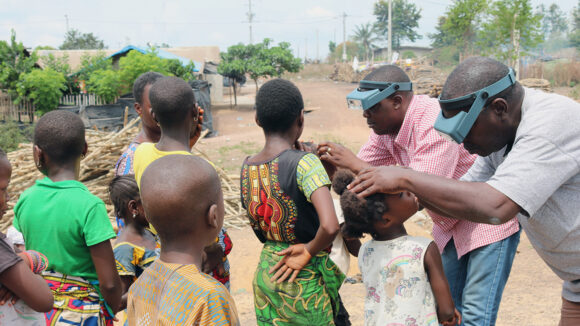
Sightsavers’ Accelerate programme gets US$36.5 million funding boost to banish trachoma
The extra funding from international donors will help speed up the elimination of trachoma in Africa by expanding and extending the programme.
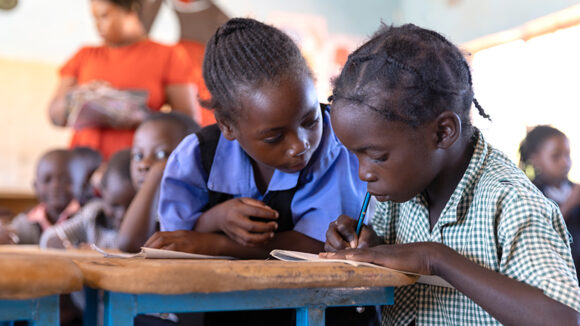
Sightsavers at the CIES education conference 2024
We're attending the conference in Miami on 6-14 March to share our expertise, engage with the education community and explore how we can transform inclusive education.